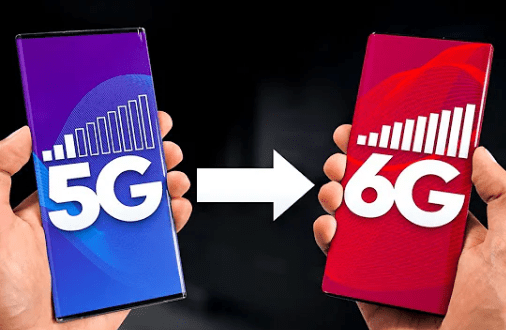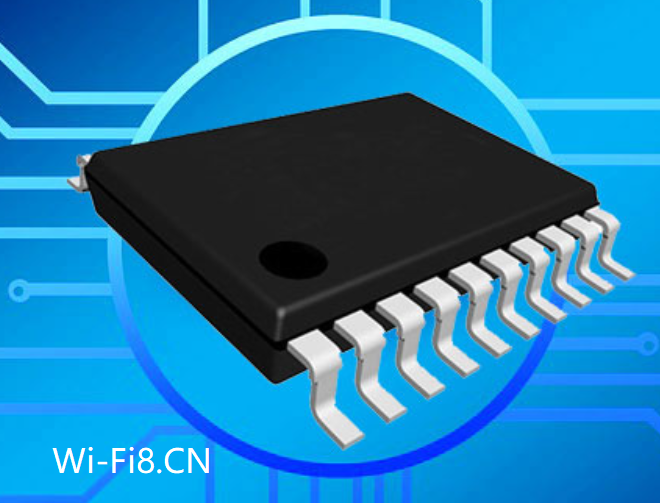What is the difference between VPN and WIFI? Keywords: VPN, Wi-Fi, wireless local area network (WLAN).
What is a VPN?
The function of a virtual private network is to establish a private network on a public network for encrypted communication.
What is a VPN and How Does it Work – What is the difference between VPN and WIFI?
It is widely used in enterprise networks.
VPN gateways enable remote access through the encryption of packets and the translation of the destination address of the packets.
What is a VPN? – VPN and WIFI
VPNs are categorized in a variety of ways, mainly by protocol. VPNs can be implemented in a variety of ways, such as servers, hardware, software, etc.
What is Wi-Fi?
WI-FI (Wireless Fidelity), is a technology that can wirelessly connect personal computers, handheld devices and other terminals to each other, invented by CSIRO, a research institute of the Australian government, in the 90s of the 20th century, inventored by John O’Sullivan, known by the media as the “father of Wi-Fi”.
WI-FI IS A BRAND OF WIRELESS NETWORK COMMUNICATION TECHNOLOGY, OWNED BY THE WI-FI ALLIANCE, CONSISTING OF BASIC SERVICE UNITS, DISTRIBUTION SYSTEMS, ACCESS POINTS, EXTENDED SERVICE UNITS AND GATES.
The goal is to improve interoperability between wireless network products based on the IEEE 802.11 standard.
There are many types of Wi-Fi, from wireless cards to computers connected to the computer.
What is a wireless local area network (WLAN)?
Before the invention of wireless LAN WLAN, people wanted to communicate and communicate through the network, they had to use physical cables-copper stranded wires to form an electronic running path, in order to improve efficiency and speed, and later invented optical fiber.
When the network developed to a certain scale, people found that whether this wired network was built, disassembled or rearranged and rebuilt on the original basis, it was very difficult, and the cost and cost were very high, so the WLAN networking method came into being.

VPN tools – VPN and wifi
Full name of wireless local area network: Wireless Local Area Networks; Abbreviated: WLAN.
It is a fairly convenient data transmission system, which makes use of radio frequency (Radio Frequency; RF) technology, using electromagnetic waves, replacing the old local area network composed of twisted pair copper wire (Coaxial), and communicating in the air, so that the wireless local area network can use a simple access architecture for users to pass through it, and achieve the ideal state of “information portable and convenient to go to the world”.
Let me first talk about a local area network (LAN), which refers to a group of computers interconnected by multiple computers in a certain area. It is generally within a radius of several kilometers.
LANs enable file management, application software sharing, printer sharing, scheduling within workgroups, e-mail and fax communication services, and more.
vpn tools – difference between vpn and ip address
A local area network is a closed type and can consist of two computers in an office or thousands of computers in a company.
Wireless local area networks (WLANs), as the name suggests, use electromagnetic waves to send and receive data in the air without the need for cable media. WIFI is a protocol for wireless LANs.
In layman’s terms, it can be said that it is a medium to obtain wireless LAN, and when you diagnose with a computer network, you will find various protocols in it.
On top of that, we generally call it WIFI, not WLAN. Virtual Private Network (VPN) The function of a virtual private network is to establish a private network on a public network for encrypted communication. It is widely used in enterprise networks.
VPN gateways enable remote access through the encryption of packets and the translation of the destination address of the packets.
Will connecting to a VPN cut off WiFi?
Connecting to a VPN will cut off WiFi. According to the relevant information of the query, VPN generally refers to the virtual private network, the function of the virtual private network (VPN) is: to establish a private network on the public network, encrypted communication, so connecting to the VPN will disconnect the wifi.
What is the difference between the WLAN hotspot VPN settings on the mobile phone, what and how to use it
The relationship between the two is that devices that support WiFi do not necessarily support VPNs, and devices that support VPNs absolutely support WiFi.
V is virtual, P is private, and N is net. VPN stands for Virtual Private Network. Virtual Private Network (VPN) refers to the technology of establishing a private network on top of a public network.
It is called a virtual network mainly because the connection between any two nodes of the entire VPN network does not have the end-to-end physical link required by a traditional private network.
It is a logical network built on top of the network platform provided by the public network service provider, such as the Internet, ATM, Frame Relay, etc., and user data is transmitted in a logical link.
It covers extensions to private networks that encapsulate, encrypt, and authenticate links across shared or public networks.
Extended Information:
Advantages and disadvantages of VPN compared to WiFi:
difference between wifi and vpn
Merit:
1. VPNs enable mobile employees, remote employees, business partners, and others to connect to the enterprise network using locally available high-speed broadband connections such as DSL, cable TV, or WiFi networks.
In addition, high-speed broadband network connectivity provides a cost-effective way to connect remote offices.
2. A well-designed broadband VPN is modular and upgradeable. A VPN allows the app to use an easy-to-set up internet infrastructure that allows new users to be added to the network quickly and easily.
This capability means that enterprises can provide large amounts of capacity and applications without adding additional infrastructure.
3. VPNs provide a high level of security, using advanced encryption and identification protocols to protect data from prying eyes, preventing data thieves and other unauthorized users from accessing such data.

vpn shortcut windows 11 – What is the difference between VPN and WIFI?
4. Full control, virtual private network allows users to take advantage of ISP facilities and services, while fully controlling their own network.
Users only use the network resources provided by the ISP, and can manage other security settings and network management changes by themselves. It is also possible to set up a virtual private network within the enterprise.
Shortcoming:
1. Enterprises cannot directly control the reliability and performance of Internet-based VPNs. Institutions must rely on Internet service providers that provide VPNs to ensure the operation of the service. This factor makes it important for businesses to sign a service-level agreement with their Internet service provider to sign an agreement that guarantees various performance indicators.
2. It is not easy for enterprises to create and deploy VPN lines. This technology requires a high level of understanding of network and security issues, and requires careful planning and configuration. Therefore, it’s a good idea to choose an internet service provider that is responsible for most of the things that run a VPN.
3. VPN products and solutions from different vendors are always incompatible, because many vendors are unwilling or unable to comply with VPN technical standards. As a result, mixing products from different manufacturers can lead to technical problems. On the other hand, using equipment from one vendor can raise costs.
4. When using wireless devices, VPNs are security risks. Roaming between access points is particularly problematic. When users roam between access points, any solution that uses advanced encryption technology can be compromised.












